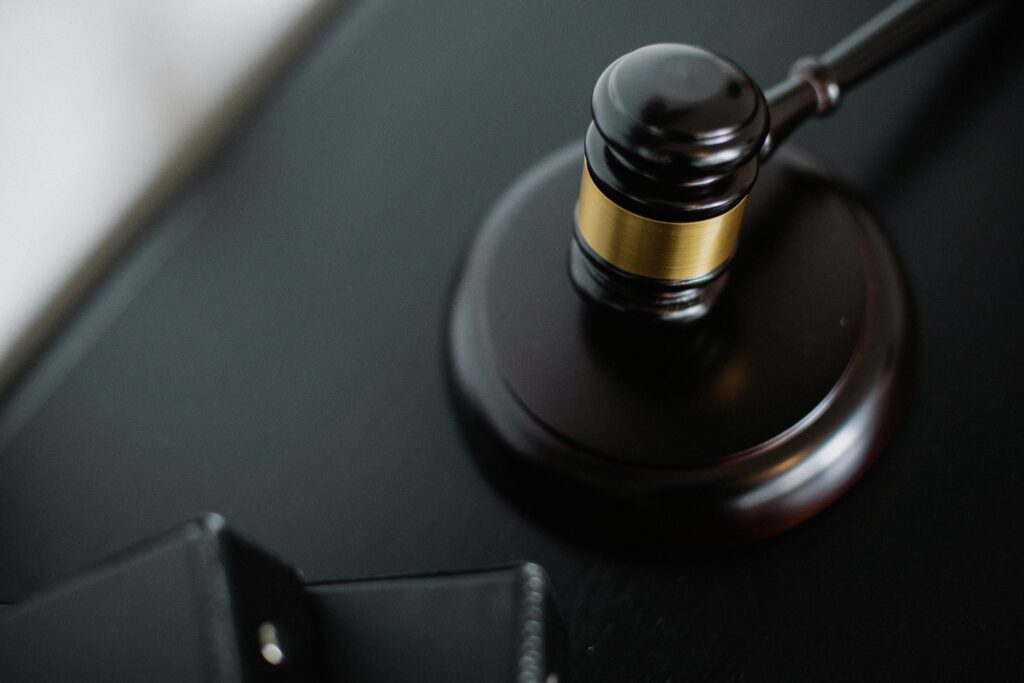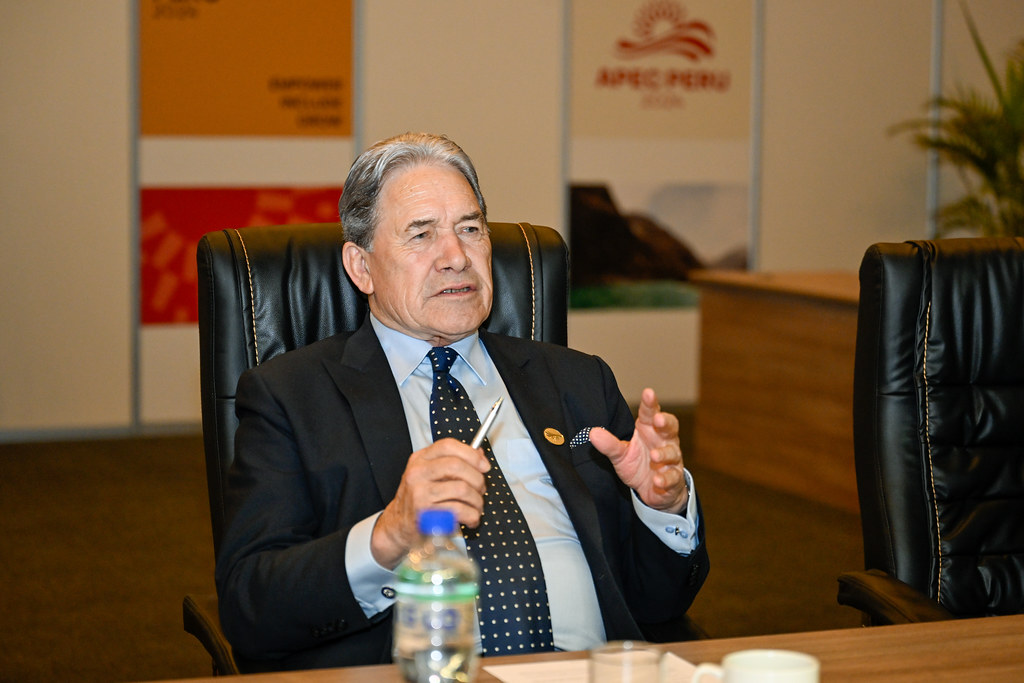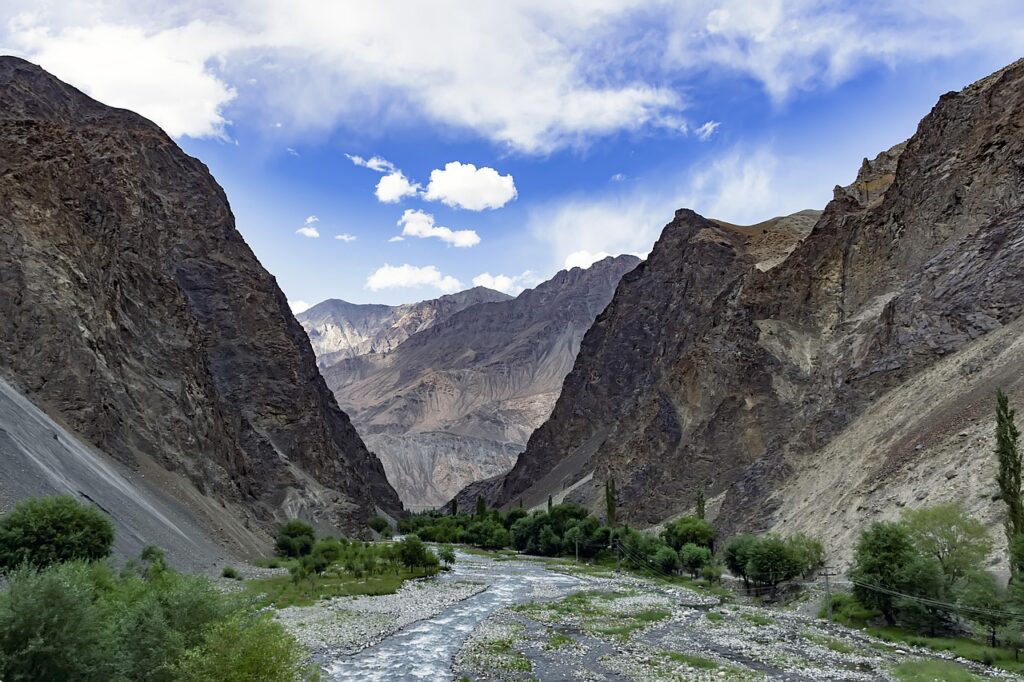LAHORE: The defamation lawsuit filed by Prime Minister Shehbaz Sharif against former Prime Minister Imran Khan was postponed on Saturday by a sessions court in Lahore. The case, which seeks 10 billion PKR in damages, continues to unfold as the defendant’s legal team engaged in further cross-examination of the prime minister.
The proceedings were overseen by Additional District & Sessions Judge Yalmaz Ghani, with Shehbaz Sharif and his attorney Mustafa Ramday participating via video link. At the start of the session, the prime minister extended congratulations to those present for what he described as a recent victory over India, to which the judge reciprocated.
Defending Khan, Advocate Muhammad Hussain Chotia referred to the recent national success as a moment of pride for the country. During the cross-examination, Chotia inquired whether the alleged defamatory comments made by Khan were documented in writing. In response, PM Shehbaz clarified that such statements had been broadcast extensively on television.
The defense counsel further questioned the prime minister about whether he had ever made similar accusations in the political arena. Shehbaz asserted that he has never made allegations without having supporting evidence. Chotia also sought to understand the potential motivations behind Khan’s statements, but the prime minister suggested that the defense should answer that question instead. The judge intervened, deeming the query irrelevant to the case at hand.
When asked about the Panama Papers case, Shehbaz maintained that he was not involved and was unaware of the case’s outcome, reiterating that this was a matter of public record. He emphasized that he had faced serious and unfounded accusations from Khan.
The cross-examination was ongoing when the judge announced that the next hearing would be held on June 2. Shehbaz’s defamation suit, initiated in 2017, accuses Khan of making false allegations against him. Khan responded to the suit in 2021, claiming that he had been approached with an offer to cease pursuing the Panama Papers case, which he believed was in the public interest. His defense contends that he did not directly attribute statements to Shehbaz in his disclosures.
As the case continues to develop, it highlights the ongoing tensions in Pakistani politics and the complexities surrounding public statements made by political figures.



